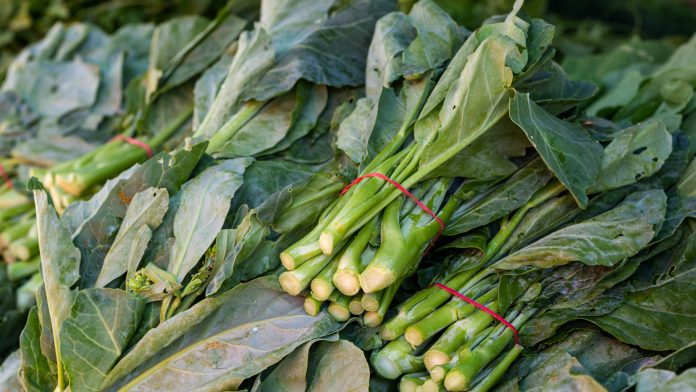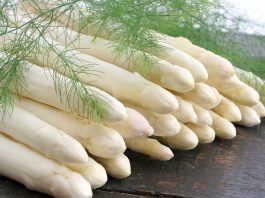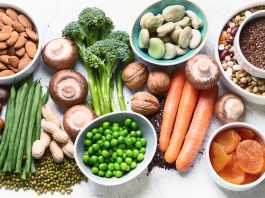A team of researchers from the National University of Singapore (NUS) has identified almost 300 species of plant microbes that grow with common Asian vegetables, which could improve crop health.
Led by Associate Professor Sanjay Swarup from the NUS Department of Biological Sciences, the NUS team collaborated with a commercial urban farm in Singapore. They obtained soil samples, as well as the seedlings and mature plants of three common Asian vegetables – choy sum, kai lan, and bayam. The plant microbes and their genetic material in the soil and on the plants were then extracted for analysis.
Assoc Prof Swarup, who is also affiliated with the NUS Environmental Research Institute (NERI) and the Singapore Centre for Environmental Life Sciences Engineering (SCELSE), said: “Green leafy vegetables are nutrient-dense and packed with bioactive compounds known for promoting human health. These leafy greens are short-cycle crops, suitable for adoption in various farming formats. Focusing our research priorities on this food group will address food and nutritional security and cater to both quantity and quality aspects of food production.”
As published in the journal Scientific Data, the researchers sequenced the genetic material in the samples using a technique called metagenomics, which uses computational methods to analyse the diversity and characteristics of the genetic material. This method gave them a comprehensive picture of the microbial community in less time and with less effort.
Using a supercomputer, the researchers identified almost 300 species of bacteria and a group of single-celled, bacteria-like organisms known as archaea. From the data, they found that the microbes could potentially benefit the vegetables by providing nutrients, stimulating growth, and suppressing plant pathogens.
Dr Pavagadhi Shruti, the senior manager of the team who led the field sampling and laboratory work, said: “We have seen how food supply chains are adversely impacted by the COVID-19 pandemic. Therefore, we need urgent reformative actions to build greater food resilience and security. Through this study, we are taking the first step towards building innovative solutions to boost local production in a highly sustainable manner.”









